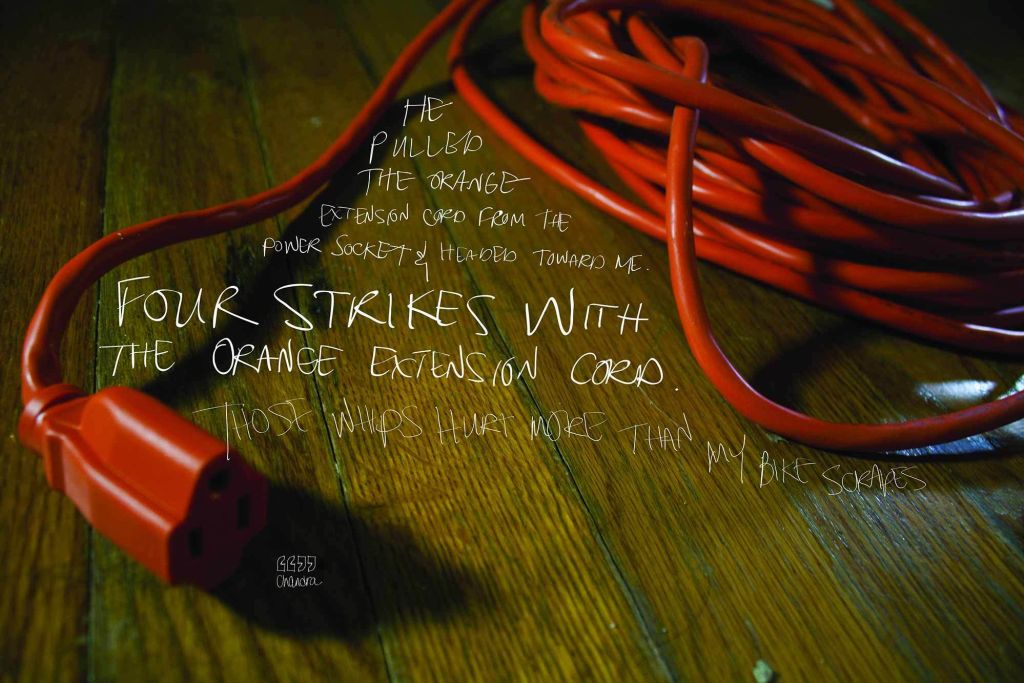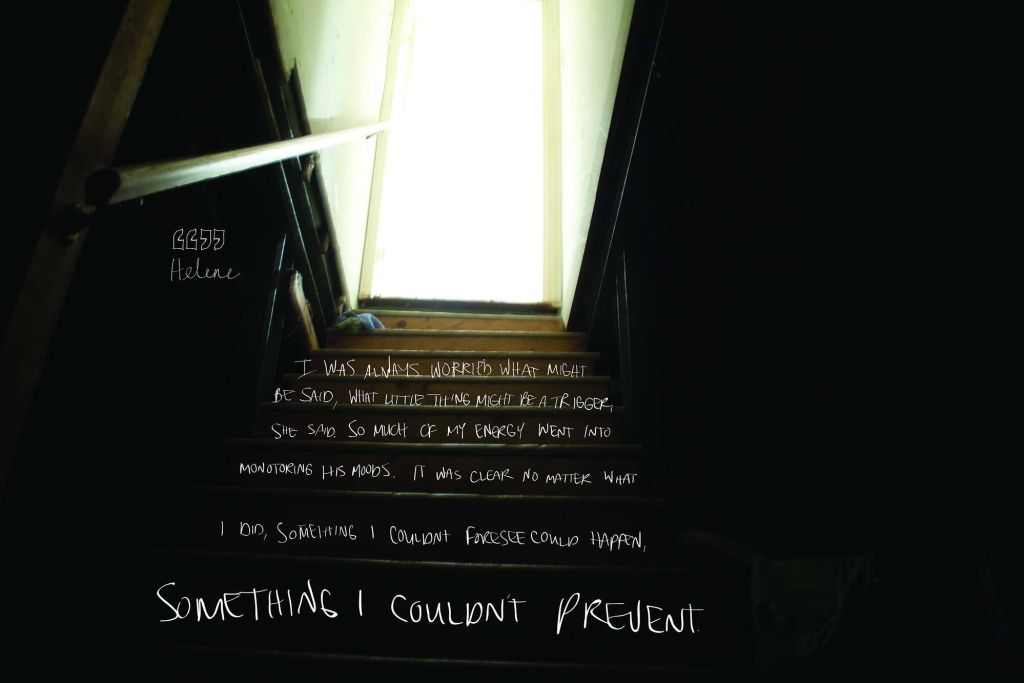Introduction
The moment you find yourself truly beat. Scared for your life and the safety of your children, you resolve to leave. But where will you go? You are financially dependent on your abuser and unsure how you'll support yourself.
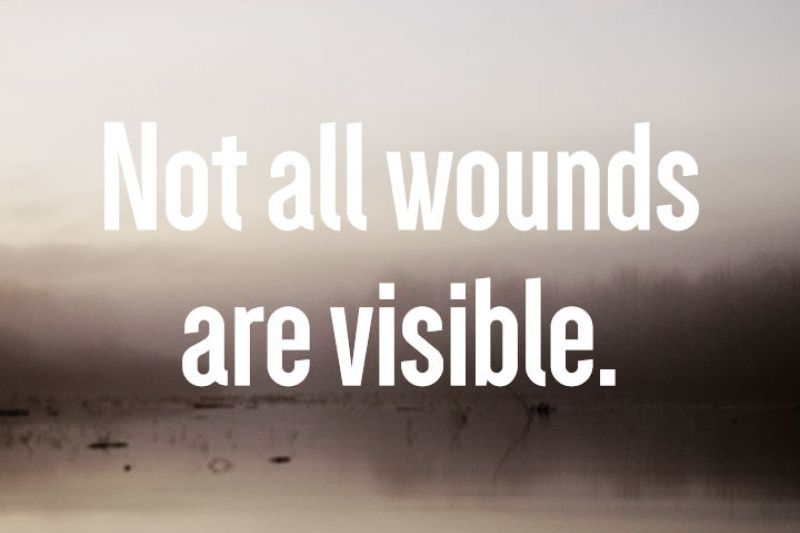
Many women in exactly this predicament have found light in the darkness thanks to Bethany House of Northern Virginia. From that first moment of crisis intervention through to emotional healing and job placement, Bethany House cares for women (and their children) who have suffered from domestic violence. What a delicate yet critical task, to help the bruised and broken regain health and dignity and rebuild their lives.
It started in 1979 when founder Doris Ward observed the immense struggles faced by victims of abuse: a long wait through the courts, limited resources, and a lack of safe shelter. Compounding the problem was the perception of abuse as a "private matter."
For three decades now, thanks to Doris Ward and Bethany House, survivors of domestic violence and their children have found safety, support and resources to regain control of their lives.
Maybe you know someone in a scary and difficult situation. Maybe someday you will meet someone in such a situation. In their moment(s) of hurt and despair, remember Bethany House—this deeply inspiring group of loving, caring people ready to give families emergency shelter, access to social services, specialized counseling, and personalized plans for employment, transportation, housing, day care, as well as two years of continued support.
Your job is to know Bethany House exists, because sharing that knowledge at a critical moment may very well save a life. No question, this story is one of the most important we will have ever told.
Tactics + Tools
One in every four women will experience abuse. One in four. That should change the way we see strangers in the office elevator, at the grocery store, on the bus or metro, at a baseball game. It should give us a measure of empathy and the readiness to help.
I knew the marriage wasn’t going to work, but I didn’t know how to get out of it. I felt stuck.
Ron had a serious temper and Janice knew it. Just as she had resolved to break up with him, Ron was involved in a serious accident. Badly injured and in need of months of therapy, Janice suspended her decision and remained by his side throughout his recuperation. Afterward (not surprisingly), Ron proposed. Although he had been verbally abusive before the accident, Janice believed he had changed. She said yes and they were married a short time later.
It wasn't long before Ron began his abusive tendencies again. What began as berating and belittling became physical and life-threatening when Ron choked her while she was pregnant.
Before long, the physical violence was frequent. Janice considered leaving but had nowhere to go. Her family lived far off in another state and she did not want to take her children away from their father. Torn by her situation and wanting the abuse to end, Janice felt trapped. After a particularly vicious attack in which Janice was punched and kicked, she resolved it was time to find a way out.
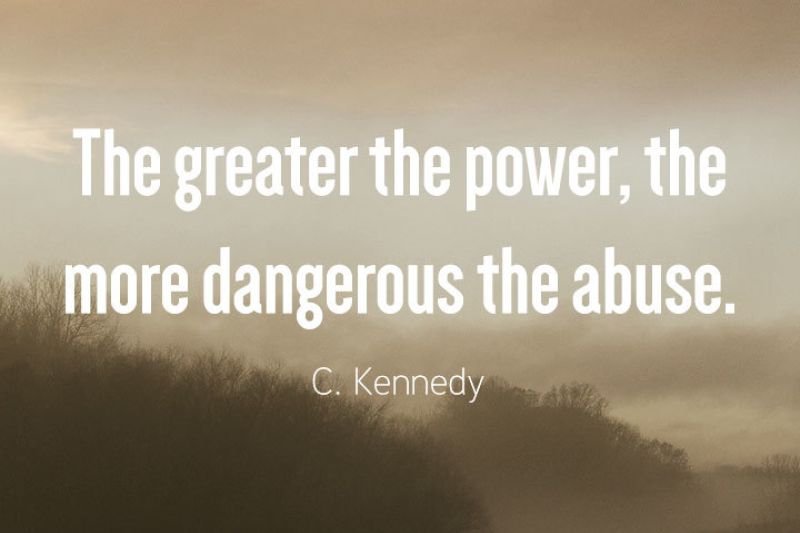
Power and Control
The methods abusers use to keep their victims acquiescent are many and varied, but always come down to tactics of power and control and often include the use of emotional abuse, minimizing, denial, economic control, threats and coersion.
By definition, domestic violence is a pattern of abusive behaviors used by one person to control another person in the context of an intimate or family relationship. As the most common form of violence and the least reported crime, it occurs in families of all races, religions, educational levels and income groups, and takes many different forms and combinations, such as physical, verbal, sexual, and emotional or mental cruelty.
It's Complicated
Typically involving manipulation, intimidation, blame, isolation and threats, abuse is rarely simple or straightforward. Women in abusive situations often fear retaliation, financial ruin, threats to their children and even their life. Though they may recognize the abuse, too often they feel trapped and powerless to change their situation or fear that the ramifications of leaving their abuser will be worse than what they're presently enduring.
Every three hours, a family enters a domestic violence shelter.
For many women and children, domestic violence leads to homelessness. Abusers often use isolation as a tool of power and control—preventing her from getting or keeping a job, making her dependent on him for money by controlling access to family income, limiting access to family and cutting her off from friends. The result is that when she is ready to leave, she has no one to turn to and no means for self-sufficiency.
How can we help?
Understanding the powerful and controlling tools used by abusers is a first step to empathizing and understanding the overwhelming challenges and obstacles survivors may face. However, the important question is not why—why do they stay? But rather, how—how can we help?
And Bethany House gives us the answers.
A Healing Story
When Kim first came to Bethany House, she was not the cheerful, smiling woman she is today. She was hurt, tired, scared and lonely. After several years of harsh abuse, she found refuge at Bethany House and lives today to courageously share her story.
Kim’s husband spiraled down a cycle of abuse that inflicted both mental and physical trauma on her. He was relentless, even in front of their children. Kim was working hard, trying to do well at her job, be a good mother and keep their small house in order. “I couldn’t go anywhere without his permission or do anything without him needing to know, even if it was just going to the bank. He was always telling me I was fat and dumb. After a while, my self-esteem deteriorated greatly.”
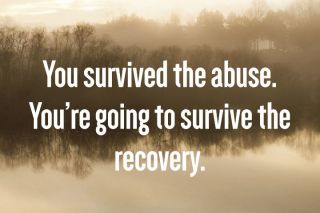
Kim would cry herself to sleep every night. She wanted to leave, but hated the thought of her children growing up without a father—as she had. Then this happened:
"My son wanted me to buy him a toy. When I told him we were not able to buy it, he hit me. My child hit me. His father had told him that since I wouldn’t give him what he wanted, he had the right to hit me. That was the point that I knew I MUST leave. The only place I knew to go was the police. I had lived in that town for so long, but I had no idea where the police station was located. I went to a local gas station and told a lady I was in trouble. Instead of just giving me directions, she told me to follow her to the police station. The police were very kind and helped me find a place to stay for a few nights and then bought me a ticket to Virginia."
Bethany House started my new life. If I didn’t have them, I would not have today.
Kim found herself in three different shelters before learning about Bethany House. Kim called, and the helpline staff patiently listened to her story. She was soon accepted into the program and was amazed the first time she visited. Rather than beds piled one on top of the other, each woman received her own room and bed. Kim let out a sigh of relief and exclaimed to her new caseworker, "This is not a shelter—this is a home."
Bethany House helped enroll Kim in a school to sharpen her English skills in preparation for vocational school or a full-time position upon graduation. "One thing that was hard for me when I first moved into the shelter was that I did not have my own transportation. Bethany House helped me pay for taxis to attend my English classes. Then one day someone donated a car to Bethany House and my caseworker called me to say they had a car for me! I was overwhelmed and overjoyed!"
Kim's nightmare was transformed into a dream. She rediscovered hope, joy and new life, which is all reflected most vibrantly in her children. She knew she wanted better for them, and now that dream has become a reality. The pain is not entirely gone, but it is accompanied by the promise of a brighter future.
What it takes to rebuild
Add the domestic violence helpline to your phone so you're ready to help, if/when need be: (703) 658-9500
Bethany House is saving, protecting and rebuilding lives—and it often begins with a phone call.
The helpline is staffed by qualified counselors ready to help victims of domestic violence escape their circumstances and provide referrals to service providers for food, clothing, medical attention, legal support, etc. Staff also complete a risk assessment and personalized plan to keep the woman (and children) safe moving forward. Bethany House provides shelter to as many women and families as it can and helps connect them with other housing providers when its own beds are full.
Working within its current capacity, Bethany House can provide safe, confidential shelter for four months. Staff work with residents to help them establish and pursue short- and long-term goals, and then provide case management services to help them stay on track. Additionally the shelter provides general life skills classes to empower women in parenting, nutrition, budgeting, self-care, working with the legal system, as well as a job training program.
Trauma Recovery
Bethany House counselors help clients process trauma and work through issues that may arise during recovery. Individual and group therapy sessions help survivors to reframe perceptions of reality, recognize and correct cognitive distortions. Counseling helps survivors heal from the trauma they've experienced and develop coping and communication skills, learn self-actualizing behaviors, and pursue goals for the future.
On average, 86% of clients report remaining abuse-free for up to two years after leaving Bethany House’s shelters.
Upon leaving the shelter, clients have the option to participate in Bethany House's Aftercare Program. The program typically runs two years but may be extended based on individual need. Follow-up helps to ensure that survivors do not relapse into abuse. Clients may receive assistance with employment counseling, housing searches, personal hygiene items, back-to-school and other daily living needs. This approach helps provide a much-needed support system for women so they do not fall back into the hands of an abuser.
Community Outreach
In addition to serving survivors of domestic violence, Bethany House works to engage and educate the surrounding community. By working with public safety officials, community and religious groups, human service providers and others, Bethany House is working to create a community educated about the issue of domestic violence and prepared to appropriately respond to survivors. It also provides information about various local resources to the larger community.
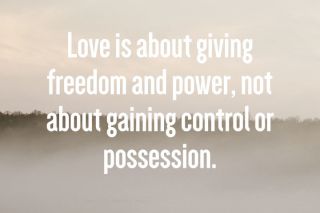
And you can play a part:
- Become a volunteer: Assist with child care, helpline phone calls, life-skills training, office tasks, shelter upkeep
- Make an in-kind donation for the families: Contribute new or gently used clothing, household supplies, toiletries, gift cards, new bedding and pillows, kitchen items, used cars
- Give financially: Provide monthly or one-time gifts toward serving Bethany House residents, helping maintain emergency shelters and expand capacity to reach and serve more families
This critical assistance and support system helps survivors regain stability and self-sufficiency, giving them the confidence to move forward with their lives. And we celebrate that.
